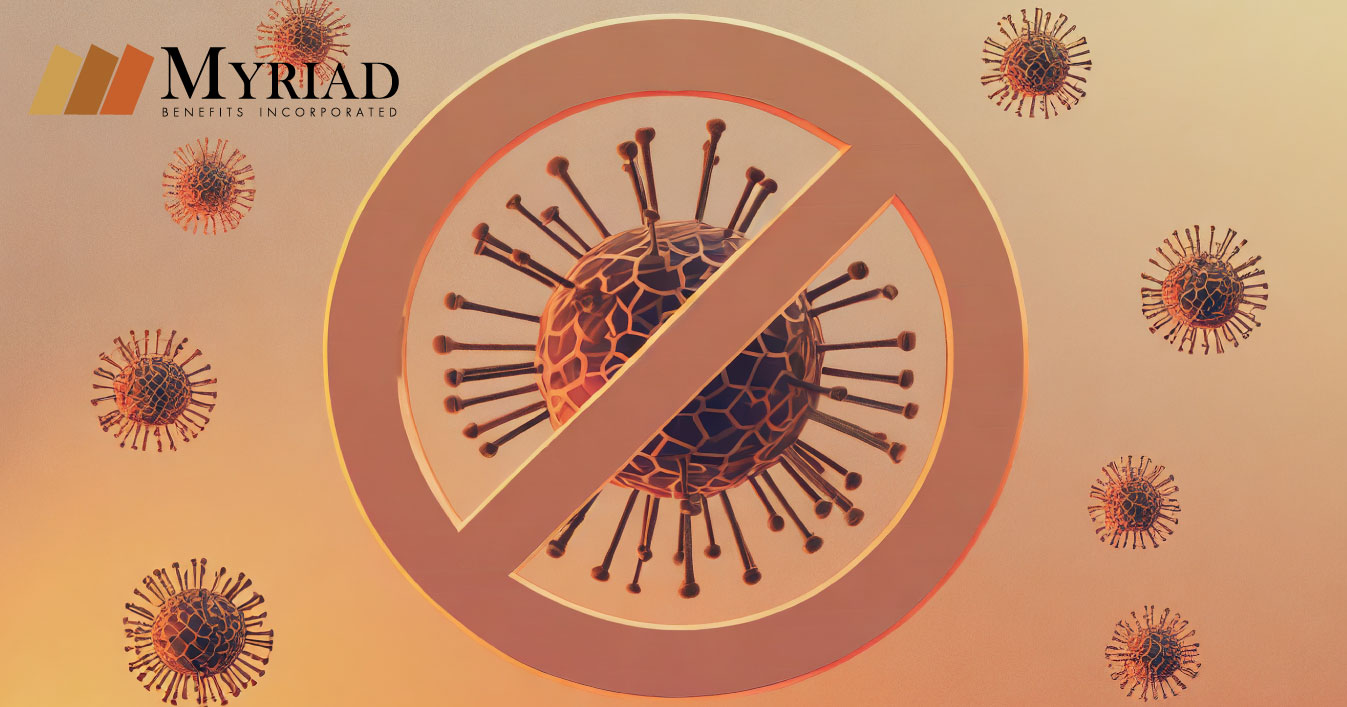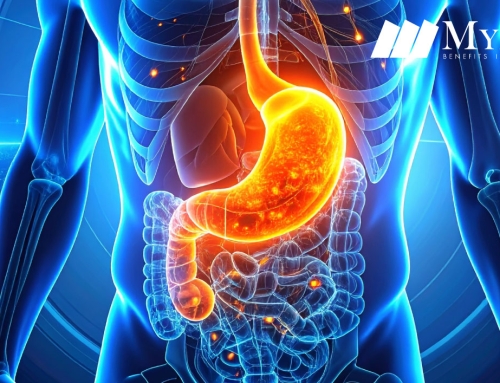Influenza is a respiratory virus that is transmitted from person to person through airborne droplets produced when an infected person coughs, sneezes or talks. Also, but less commonly, a person can get the flu by touching a surface or object that has the virus on it and then touching their mouth, nose, or eyes.
People infected with influenza can spread it to others before they know they are sick (1 day before showing symptoms) and while they are sick (up to 5-7 days after getting sick).
Flu symptoms appear 1-4 days after infection, know them.
- Fever,
- Cough,
- Sore throat,
- Nasal discharge or congestion,
- Headache,
- Tiredness,
- Chills and
- Fatigue.
In some cases, infected people experience vomiting and diarrhea. However, not all people infected with influenza will ever have a fever.
Recommendations for fighting influenza from the Centers for Disease Control and Prevention, CDC
- Get vaccinated against influenza.
- If you get the flu virus, take antiviral medications as directed by your doctor.
- Practice preventive measures every day to stop the spread of germs.
- Avoid close contact with sick people.
- Stay home if you are sick.
- Cover your nose and mouth when coughing or sneezing. Use a disposable tissue and throw it away after use.
- Avoid touching your eyes, nose, and mouth.
- Wash your hands frequently with soap and water. If soap and water are not available, use alcohol-based cleaner.
- Clean and disinfect surfaces and objects frequently.
By taking care of yourself you take care of others. Protect yourself and avoid contagion with the flu.
By: Tania Mangual-Monzón, MS, BHE
Source: Centers for Disease Control and Prevention







